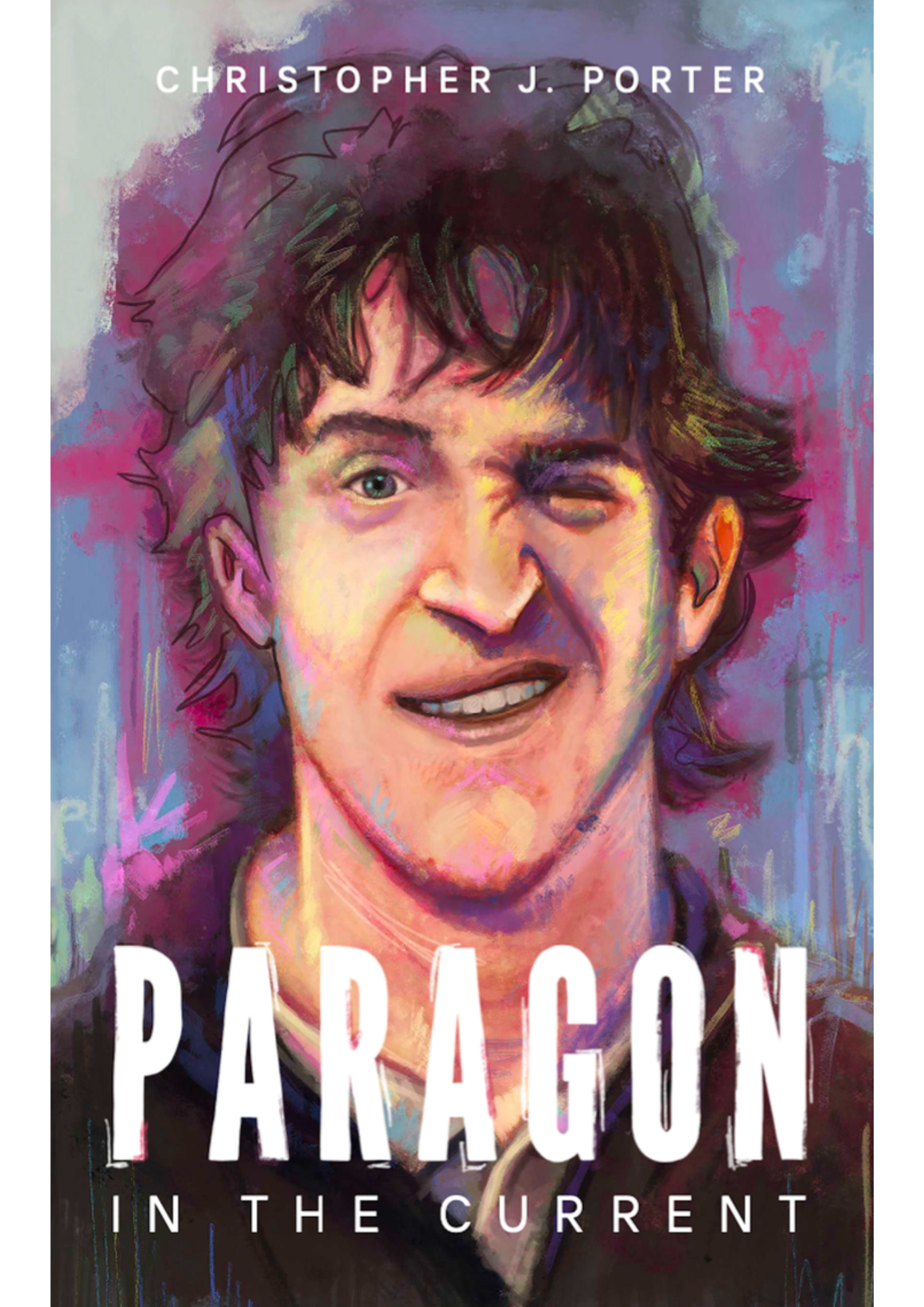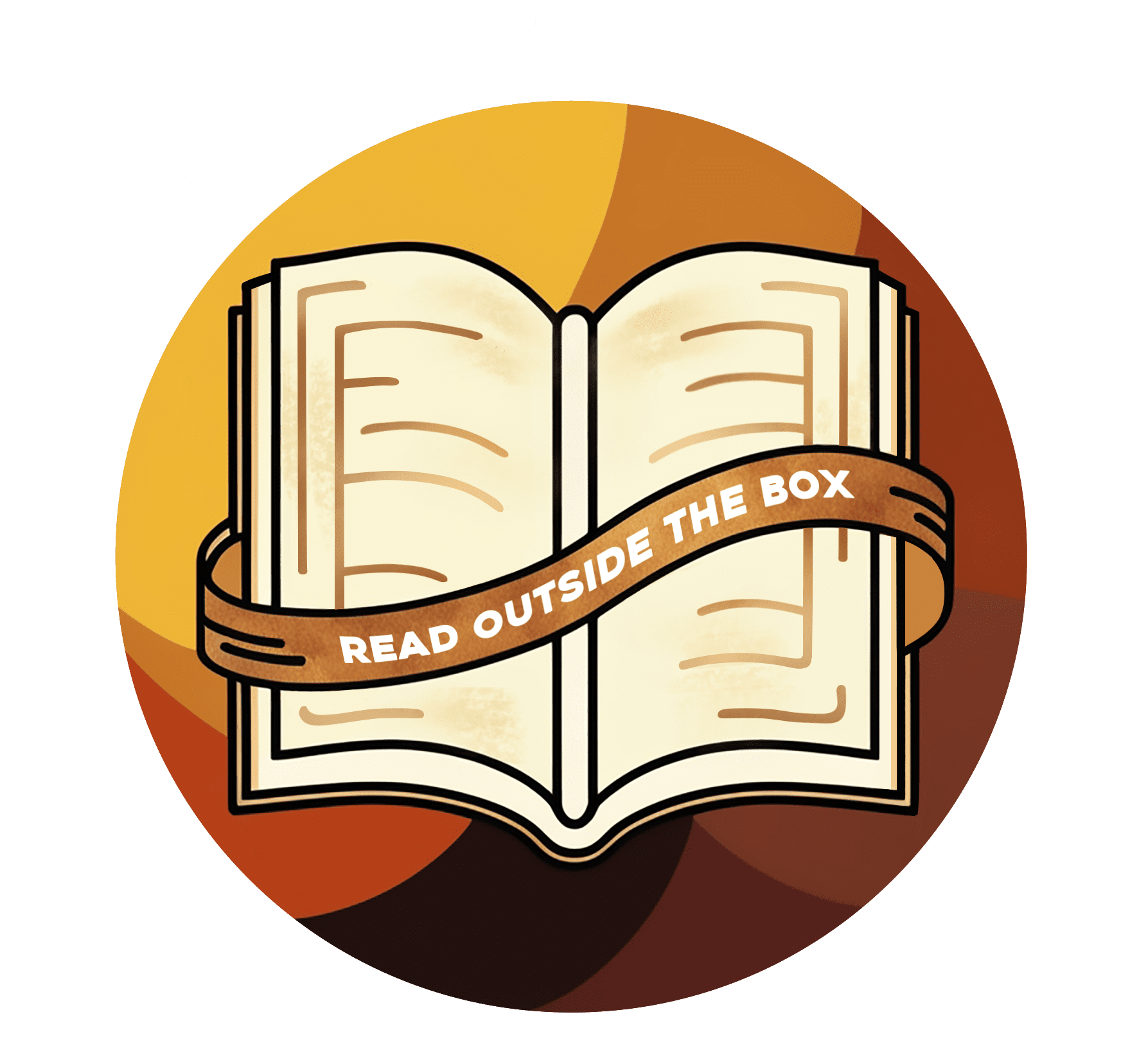PARAGON IN THE CURRENT
My journey toward becoming an author started, as I suspect is the case for most people, with a love of reading. The first novel I remember reading was The Hobbit, which I had borrowed from the library of my elementary school. But it was in high school that I became mildly obsessed with fantasy as I made my way through the first nine books of Robert Jordan’s The Wheel of Time—there were only nine written when I began. After graduating in 2002, I enrolled at a local community college and took several Creative Writing courses while completing my Associate of Arts degree in 2005.
I ended up taking a few years off (and experiencing a whole lot of life—some of which inspired parts of my book) before enrolling at university in 2008. While I retained my love of reading, my main interest switched from creative writing to learning the Japanese language. I majored in Asian Studies at the University of Michigan, spent ten months at Kyushu University, and graduated with my BA in 2011. I moved to Japan in August of that year and spent the next eight years teaching English. I still live in Japan now.
In 2019, a completely unexpected opportunity to return to my creative writing roots presented itself to me in the form of a job as a writer for a film/game/animation studio based in the U.S. I’ve been working remotely for them as a full-time writer ever since. One of the projects I completed a few years ago was co-writing a novel based on one of the company’s own IPs. It was my first time working in the novel format, and I learned so much from the experience.
Eventually, I decided that I wanted to write my own novel on my own time. I began work on a fantasy novel that I eventually shelved; it was simply too large in scope for my skill level at the time (though I plan to return to it eventually). However, in November of 2023, I began work on what would become Paragon in the Current… though I didn’t know that I was writing a new novel when I began.
Paragon in the Current began very simply as a character study. I wanted to see if I could write from the perspective of someone very different from myself, so I created “Mark, the Jerk,” put him on a date with a woman, and just let the characters react to each other.
I had no ideas for surrealistic or fantastical elements initially, but when I wrote the bus scene and Mark has his “vision,” I knew the story was about to take a very unexpected turn.
The setting of the novel is very grounded in the real world, so the modern or contemporary elements came naturally. JunTown is largely based on Ann Arbor, Michigan, and the other locations are actual cities in the U.S. The four main characters are 20-something college students without anything remarkable about them (at least on the surface). The surrealistic elements intrude upon the normal existence of the world and characters, disrupting and altering the course of their lives. The reasons for why these things are happening is the core mystery of the story; it’s what propels the characters’ actions and, hopefully, what keeps the reader eager to keep reading to find the answers.
“Mark, the Jerk” was actually the working title for the novel throughout the entire first draft. Being a pantser (as opposed to a plotter), it wasn’t until I finished the first draft that I fully understood the overall themes of the story. Once I had decided on the title Paragon in the Current, I was able to rewrite and revise subsequent drafts of the manuscript to better enforce the core themes.
When I began to write Paragon in the Current, I didn’t even know that it would become a novel. As I stated above, it started as a character study, a simple writing exercise. But as I continued to write and the story kept growing, I realized what I had: a novel in progress. It suddenly became something that I knew I would eventually share with others, and with that came the fear that people would be reading your words, judging your writing, and (mis)interpreting your themes. That feeling of someone looking over your shoulder can easily impede your creativity if you give it too much weight.
I had to force myself to ignore any such external influence and write the story I wanted to tell. There’s always that fear of disappointment—that the book won’t be well received, won’t sell well, or won’t be understood. But if the story is authentically yours—if you didn’t make concessions for the sake of commerciality or fear of not pleasing everyone—and you’re proud of what you made, that will mean so much more in the long run. And when your work does find its readers, the ones who love it, you’ll be content knowing they’re connecting to something genuine and uniquely you.
I’ve always felt the best art is that made from a place of honesty and originality that isn’t concerned about its potential audience. Often, when you start creating with a particular person or type of reader in mind, you start to make decisions that aren’t authentically yours. At least on your first draft, I recommend doing your best to shut out any thoughts of critics, or audience, or ideas about what will be popular or successful, and just write from your heart, untethered and unapologetically. Turn off your inner editor and let your imagination run wild.
I think you’ll be surprised by what your imagination can dream up when it’s not hampered by caring about things that are external to the act of writing itself. The story is paramount.



I loved reading your answers to those questions. It always blows me away how eloquently you speak. As you know I love your book. I love the way you write. I love your creativity, your imagination and your ambition. God has been very good to you. He blessed you with so many wonderful talents. I am very proud of you, son ♥️